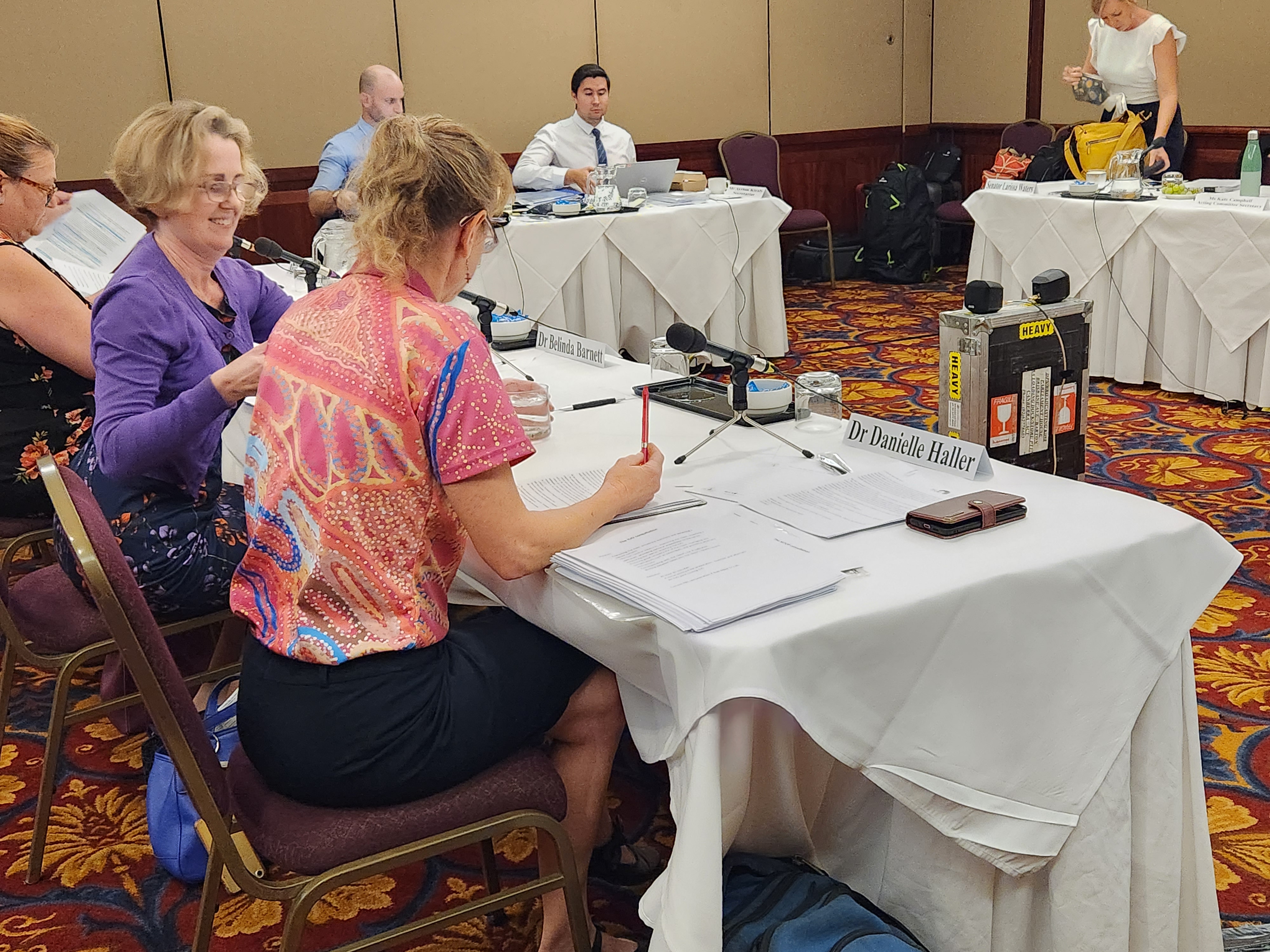Affordable access to reproductive care is critical for all Queenslanders, no matter where they live or how much money they have.
That’s why Dr Danielle Haller, our Regional Medical Officer, was thrilled to speak at the Senate Standing Committee on Community Affairs Inquiry into universal access to reproductive health care.
At the Inquiry on 22 February 2023 in Brisbane, Dr Haller shone a light on some of barriers prohibiting pregnant people and women from access to advice and to timely, affordable termination of pregnancy.
Late last year, the committee opened an inquiry on universal access to reproductive healthcare in Australia. Dr. Haller put forward True’s submission, which focused on two key points:
The under-resourcing of the Medicare Benefits Schedule (MBS), the Pharmaceutical Benefits Scheme, and hospitals to cover the contraceptive and pregnancy needs of clients in Australia, and the under-utilisation of current resources.
When it comes to affordability, clients with existing health conditions who need reliable, oestrogen-free contraception, like the pill called Slinda ($32 a month) or a copper IUD ($110), are often unable to afford the out-of-pocket costs.
The same is true for clients who require an IUD insertion, as the MBS item number is woefully inadequate. The consultation takes a minimum of 45 minutes, an IUD pack costs $25, and a nurse is required to assist. Clients get a refund from Medicare of only $72 and can be left with a considerable gap payment.
“We have clients who come in for an IUD assessment and don’t go ahead because of these expenses,” explained Dr. Haller.
Similarly, medical termination of pregnancy consultations are as complex as a care plan, but have no MBS number.
Better use of current resources could alleviate long wait times for patients as well but are currently impossible. For example, nurse practitioners who insert IUDs and Implanons are not allowed to use MBS item numbers for the insertions, arrange pelvic ultrasounds, or provide medical terminations of pregnancy.
GPs are overstretched as it is and clients are having to wait weeks to get in to see one, when a nurse practitioner is more than qualified to provide these services.
But under the current system, the options are either lose precious time and see a GP so that an MBS item number can be used or pay more out of pocket to see a nurse practitioner. These aren’t choices a patient should be forced to make.
We know that making modest changes to existing guidelines will have a massive impact on the cost and accessibility of contraceptives and reproductive healthcare. We hope that the Senate recognises that, too.
View our full submission on the Parliament website.
